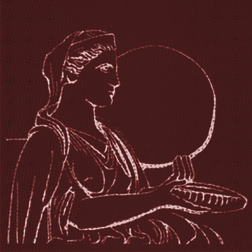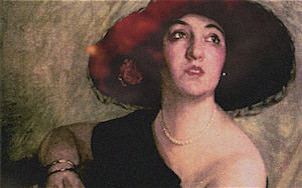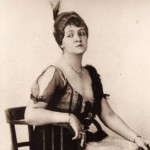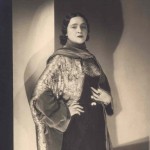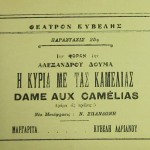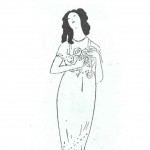Kyveli’s artistic activity cannot be properly evaluated unless it is seen through the prism of her competition with the other significant actress of the time Marika Kotopouli.
The two were almost of the same age, both emerged as very young and very talented actresses through the “Royal Theatre” for Kotopouli and the “New Stage” for Kyveli, and both followed similar paths after the demise of their original troupes. Up until the founding of the “National Theatre” in 1932, developments in the theatre world were determined by the consolidation of the vedetocracy of the two stars. A time, their competition reached levels of theatrical civil war as the two leading ladies and actor-managers were also committed to different sides of the highly polarised events of the time.
The competition between the two theatre companies for the great successes of French boulevard or of the Italian scene was so ruthless in their quest for more plays that they were forced to stage one to two new plays each week. Characteristically, Spyros Melas mentions that even a Greek destroyer ship was requisitioned for one of Dario Niccodemi’s plays, which was playing in Rome.
Therefore already from the summer of 1911, there were parallel premieres as when the two companies simultaneously staged the comedy by de Flers and de Caillavet, Bébé. The same happened with Zola’s Nana a year later on 08/05/12 and Dame aux Camélias (The Lady of the Camellias) whose premiere at the two companies was only two days apart (Kyveli’s on 28/05/12 and Marika’s on 31/05/12).
The Greek playwrights also found themselves in the crossfire between the two leading ladies. Kyveli’s triumph with Xenopoulos’ Fotini Sandri sparked a veritable race for the ordering and delivering of new Greek plays, focussing initially on Gregory Xenopoulos and Spyros Melas.
